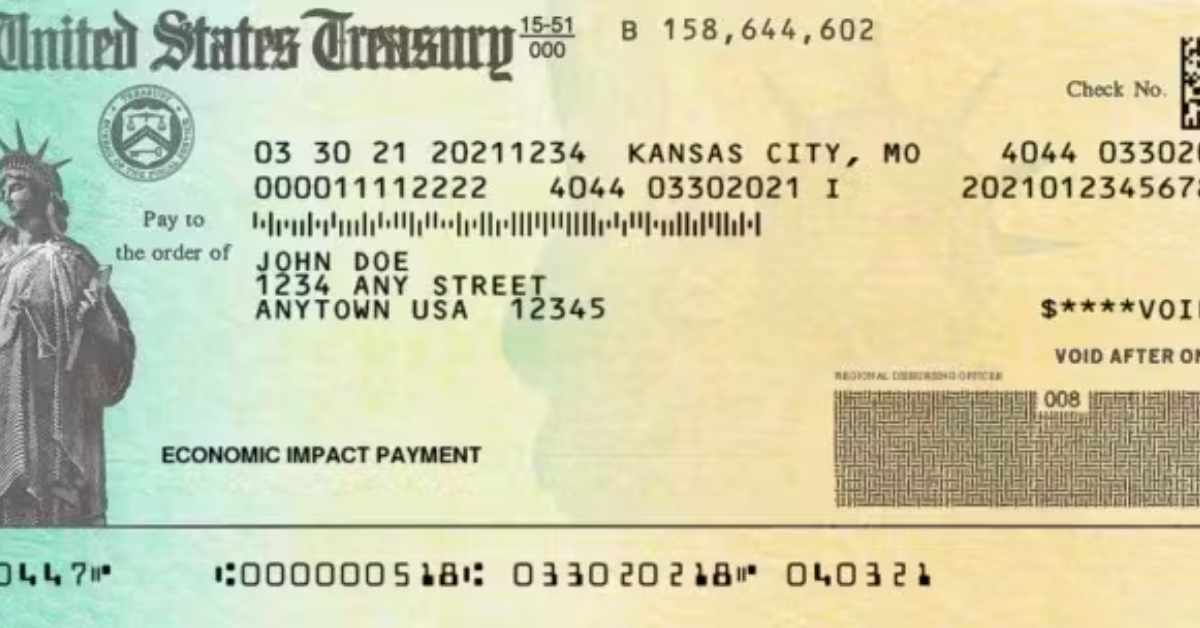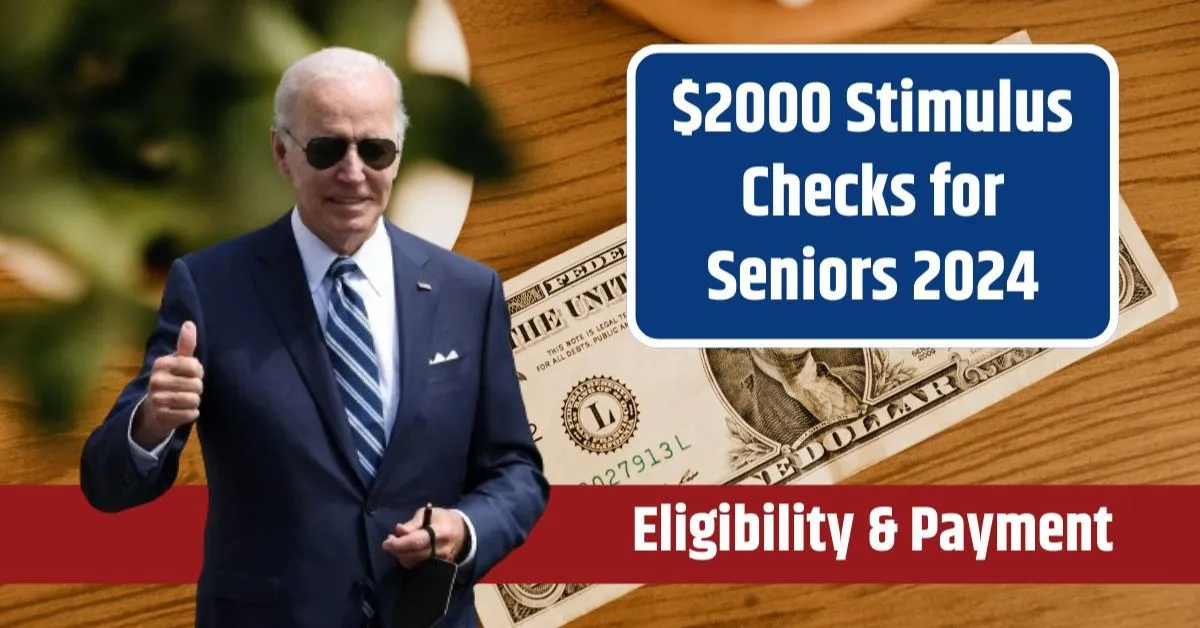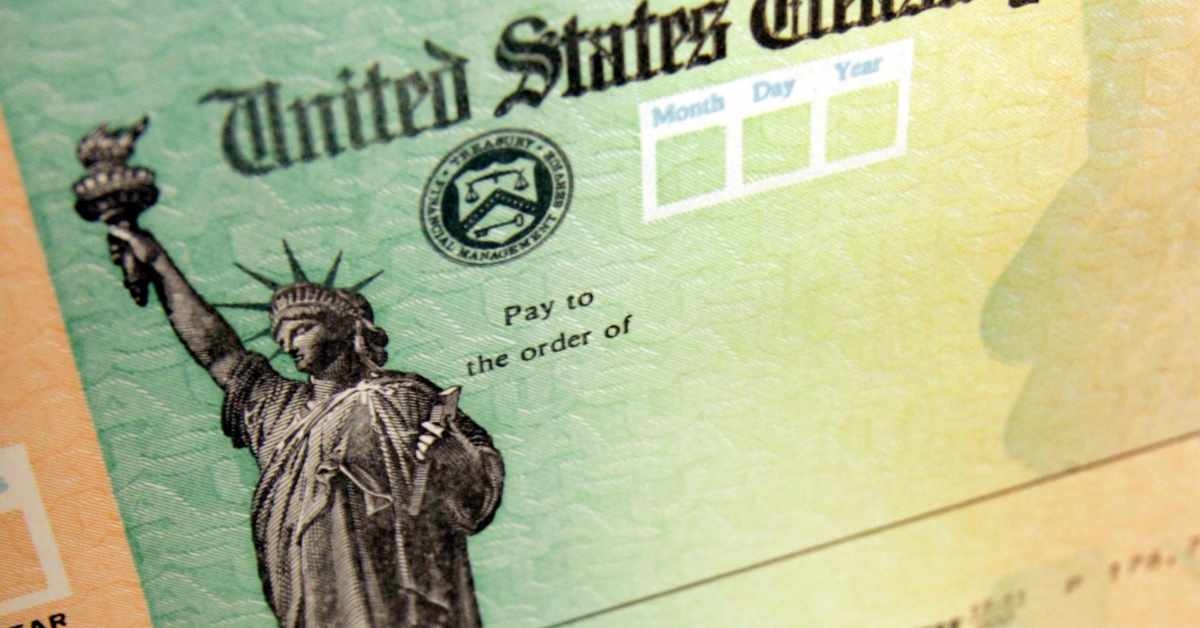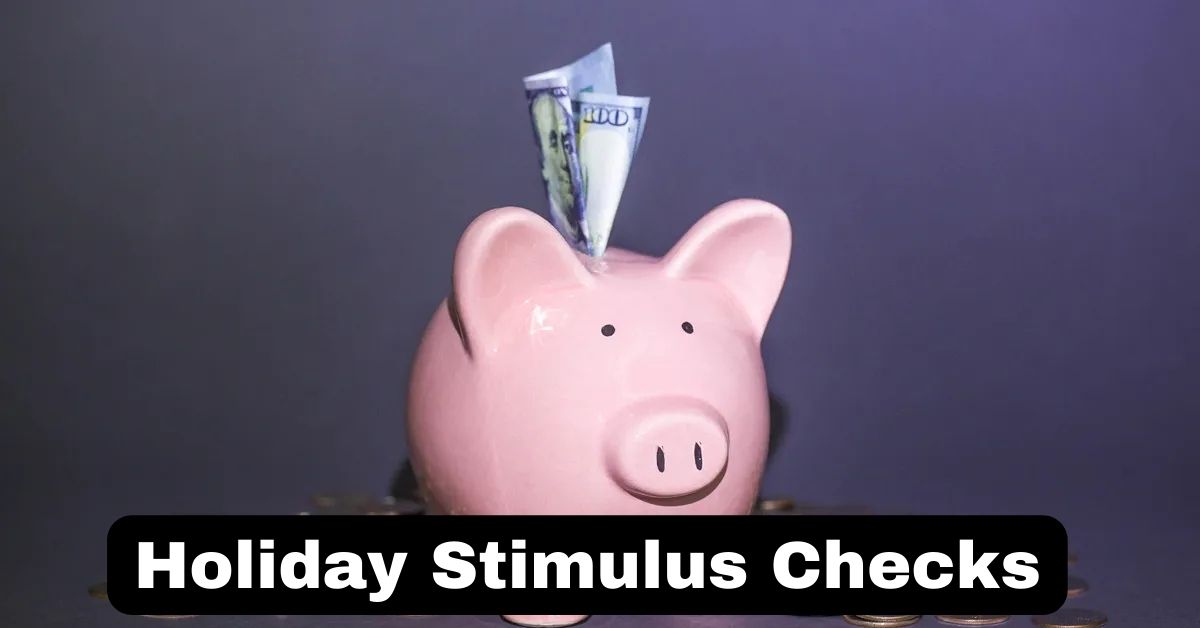In recent times, a deceptive scam offering a $6400 subsidy has surfaced, targeting unsuspecting individuals in the United States. This article delves into the details surrounding the $6400 Subsidy, deciphering its legitimacy, and providing crucial insights to safeguard individuals from falling victim to this elaborate ruse.
Is the $6400 Subsidy A Scam?
A wave of pop-ups and advertisements has inundated the online space, featuring promises of a $6400 subsidy, complete with appearances by public figures like Joe Biden and Snoop Dogg. Despite its seemingly genuine facade, this subsidy is unequivocally fake, posing a significant threat to citizens’ financial accounts. Particularly, senior citizens relying on Social Security become primary targets.
More Articles:
How the Scam Operates: A Closer Look

Clicking on the deceptive advertisement initiates a process that requests personal information to determine eligibility for the alleged subsidy. Unsuspecting individuals, in pursuit of the promised financial benefit, unwittingly provide scammers with sensitive details, including personal information and bank credentials.
The scam primarily preys on senior citizens enrolled in Social Security, assuming they may be less informed about safeguarding themselves from such fraudulent schemes.
Identifying the Scam: Red Flags and Warning Signs
The legitimacy of the $6400 subsidy can be debunked by recognizing certain red flags:
- Unverifiable Claims: Claims of free money or subsidies, especially when unsolicited, should raise immediate suspicion.
- Personal Information Requests: Legitimate entities do not request sensitive information upfront, and falling for such requests can lead to identity theft and financial loss.
- Use of Public Figures: Scammers often impersonate well-known personalities to create an illusion of authenticity and credibility.
Reporting and Preventive Measures:
In the face of such scams, individuals are encouraged to take immediate action:
- Avoid Clicking on Suspicious Links: Refrain from clicking on links within deceptive advertisements to prevent exposure to harmful viruses or scripts.
- Report the Scam: Report any encountered scams to the Federal Trade Commission (FTC) through their authorized website. Over 2800 law enforcement agencies receive these reports, aiding in swift resolution.
- Spread Awareness: Actively inform friends and family about potential scams to collectively combat fraudulent activities.
The Evolution of the Scam: Tactics and Awareness

Initially surfacing in March, the scam exploited platforms like TikTok, using fake endorsements from Joe Biden and Snoop Dogg to lend credibility to its claims. The deceptive narrative suggested a partnership between these figures to provide a $6400 subsidy to Social Security recipients within 48 hours.
Individuals are urged to remain vigilant and verify the legitimacy of enticing offers, especially those promising substantial sums of money.
Conclusion:
In the realm of online scams, the $6400 subsidy hoax stands as a stark reminder of the importance of skepticism and vigilance. By staying informed, reporting fraudulent activities, and fostering awareness within communities, individuals can collectively contribute to dismantling such scams and fortifying their defenses against evolving cyber threats.
Note: All facts presented are based on available reports and evidence as of the publication date.



